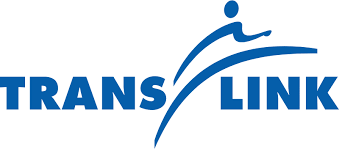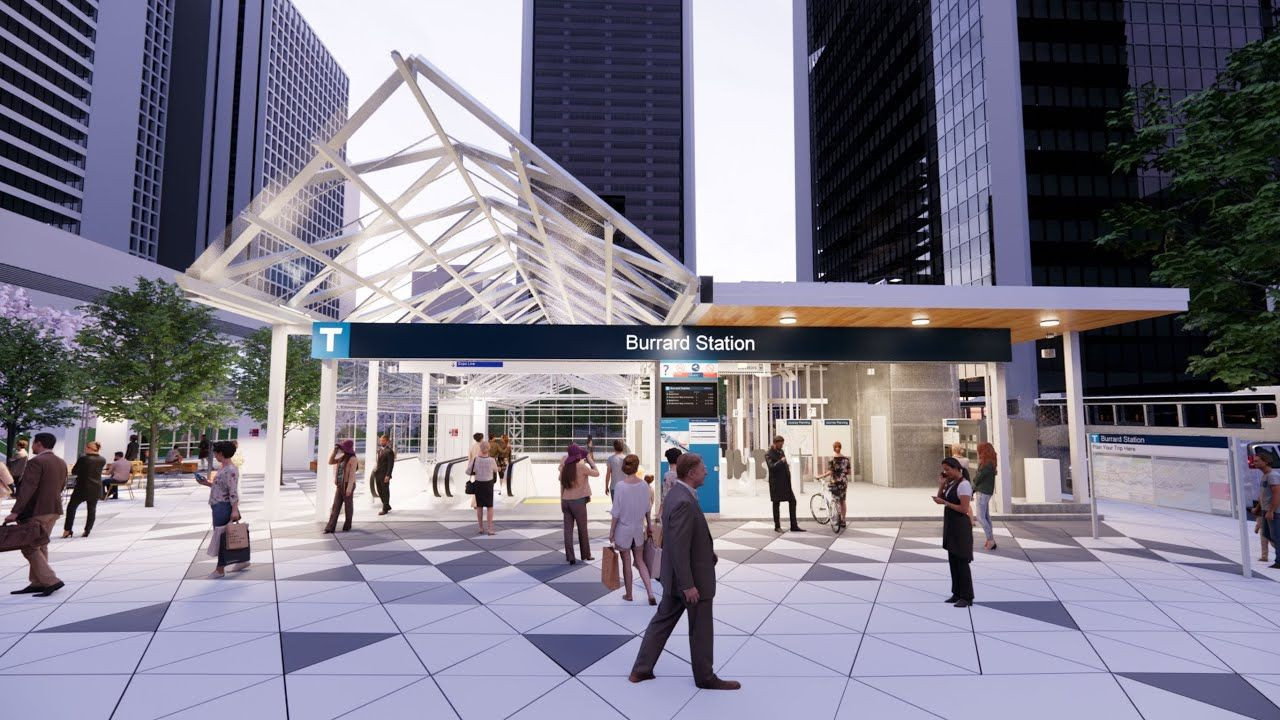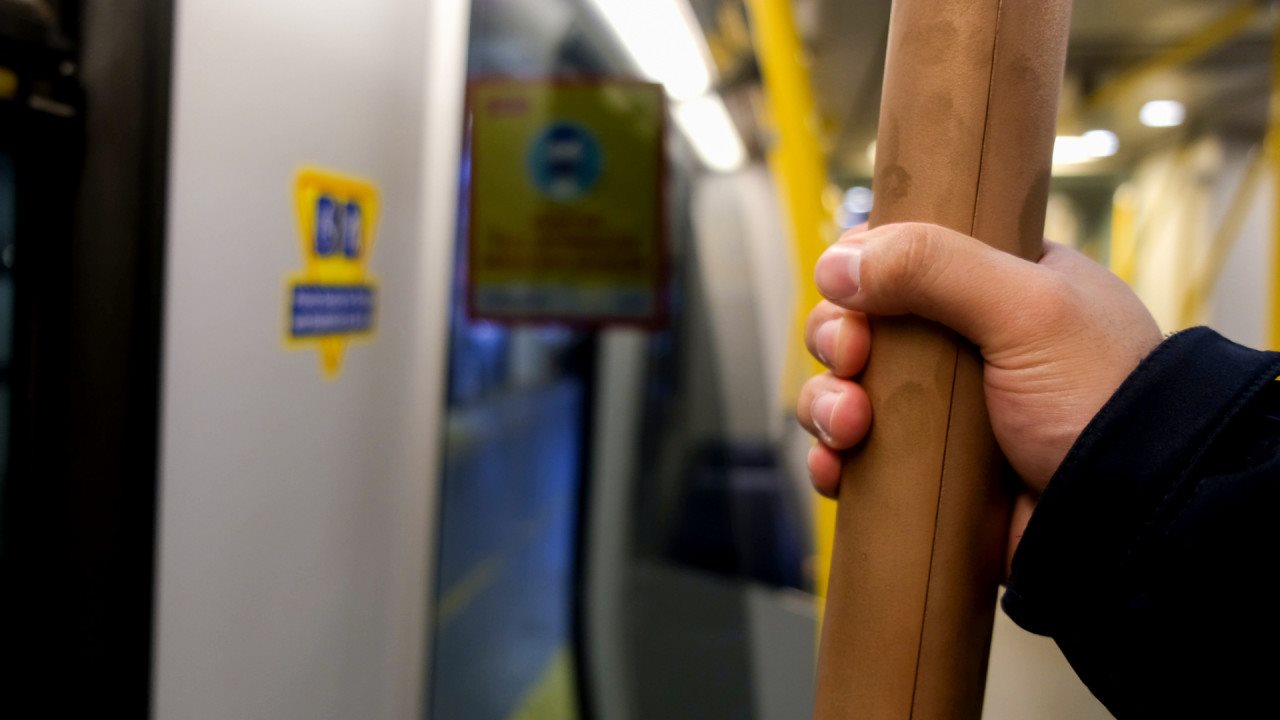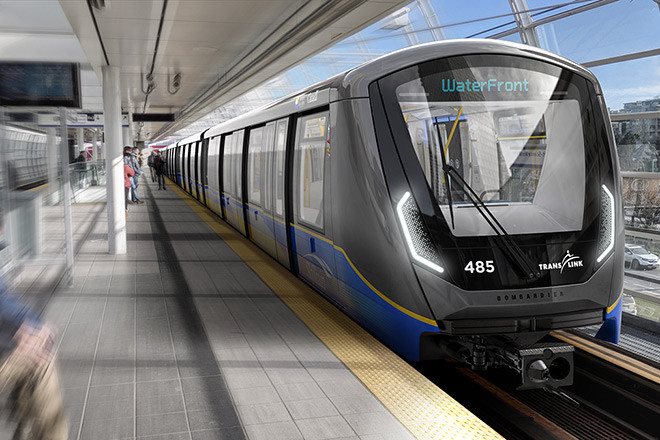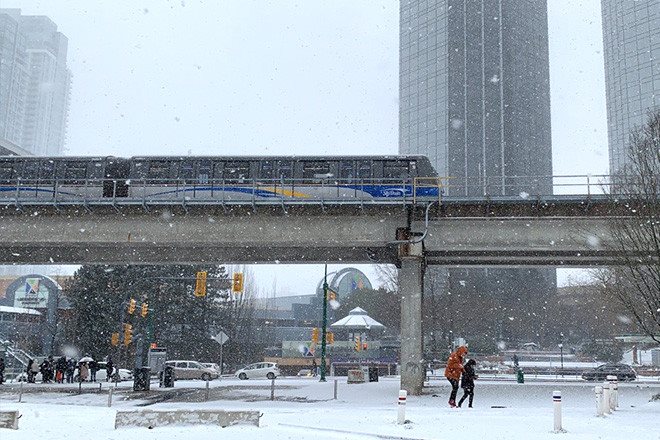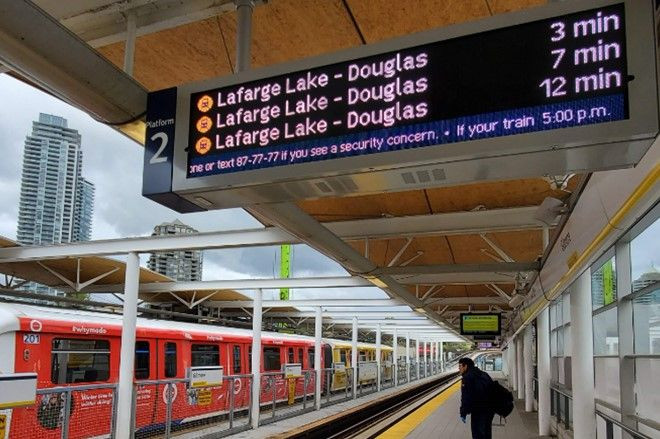TransLink is launching a new round of engagement for Transport 2050, the region's transportation blueprint for the next 30 years. After a record-breaking 31,700 responses during the first phase of engagement, we are launching a second engagement for the 30-year plan and asking for more specific feedback on key transportation priorities.
From April 19 until May 14, we are asking the public for their opinions on the following priorities and recommendations which were developed based on Phase 1 responses:
- Creating urban spaces that support active transportation
- Developing the optimal rapid transit network that is fast and frequent
- Integrating automated vehicles efficiently into the transportation system
Once engagement has concluded, TransLink will take the results from both phases of engagement and create a draft 30-year transportation plan. That plan will be released later this year to gather more feedback from the public, our government partners, and key stakeholders before it becomes final. Once finalized, Transport 2050 will be the next major long-term transportation strategy that outlines regional transportation priorities for the next three decades.
Members of the public are invited to participate in engagement in the following three ways:
- Through an online survey
- By using our online Q+A tool
- By attending one of four Virtual Open Houses
Visit transport2050.ca to take part. For anyone with feedback specifically about building rapid transit to UBC, visit the Millennium Line UBC Extension page, as it's part of a separate engagement.
Quotes:Gigi Chen-Kuo, TransLink Interim CEO –
"I am thrilled that TransLink has adopted one of the Vancouver-Fraserview Transit Working Group's recommendations for improved service. This investment in our community will ensure commuting remains affordable and transit is accessible for seniors and young families, all while reducing congestion and carbon pollution."
George Heyman, BC Minister of Environment and Climate Change Strategy –
"People in Metro Vancouver expect and need high-quality, affordable transportation options that support action on climate change and strong, healthy communities for everyone. Our government is committed to continuing our support and development of better public transit and active transportation that help shape healthy communities for decades to come. Feedback from this public engagement help us make informed decisions that will build a more sustainable and accessible province for all British Columbians."
Jonathan X. Coté, Chair of the Mayors' Council on Regional Transportation –
The long-term transportation strategy is the foundation the Mayors' Council uses to make major transportation investment decisions. The region recently completed nearly everything that was outlined in Transport 2021, which was possible because of critical long-term planning from 30 years ago. I was excited to see that Phase 1 saw responses from people throughout the region, and we need that continued enthusiasm from the public as we map out the next 30 years of transportation."
More Information